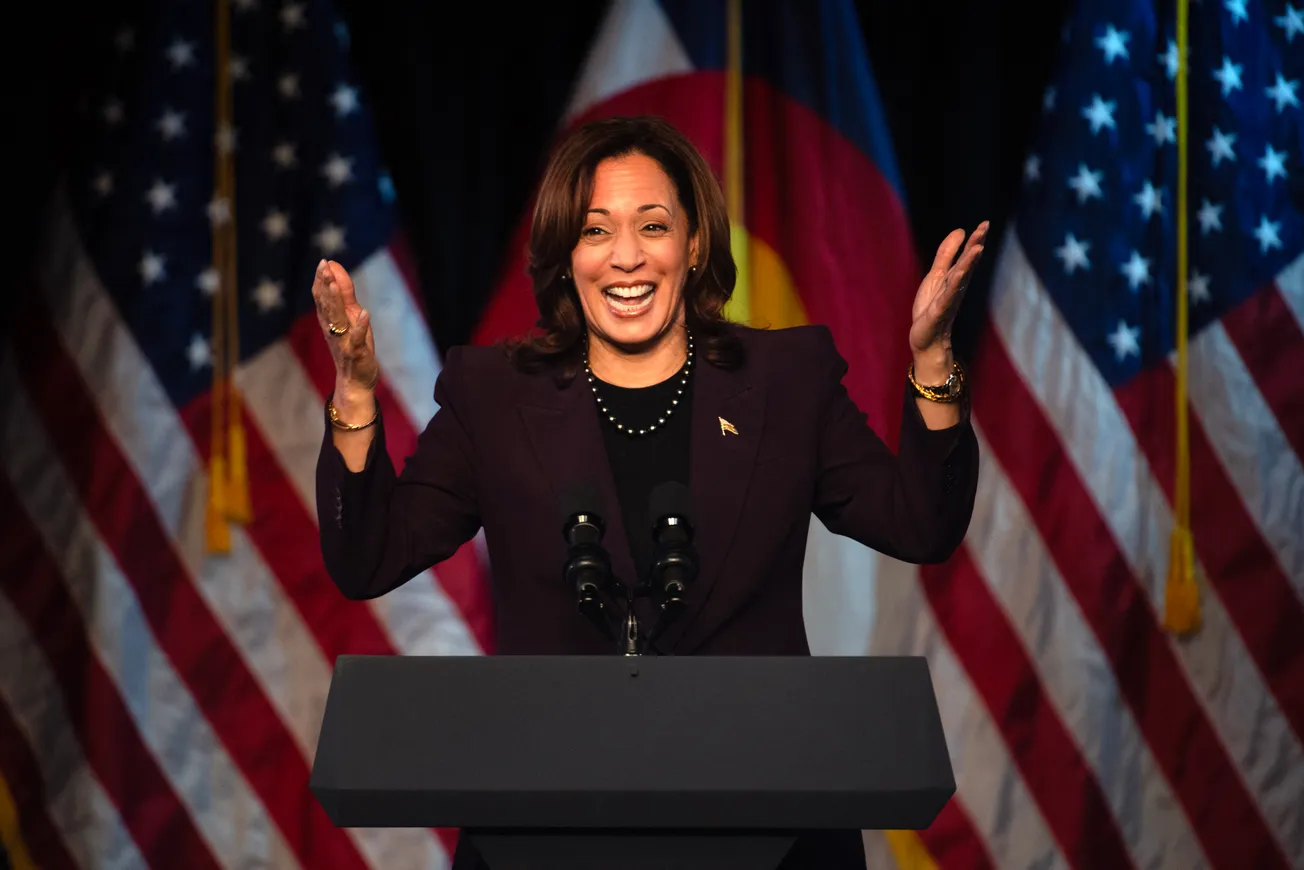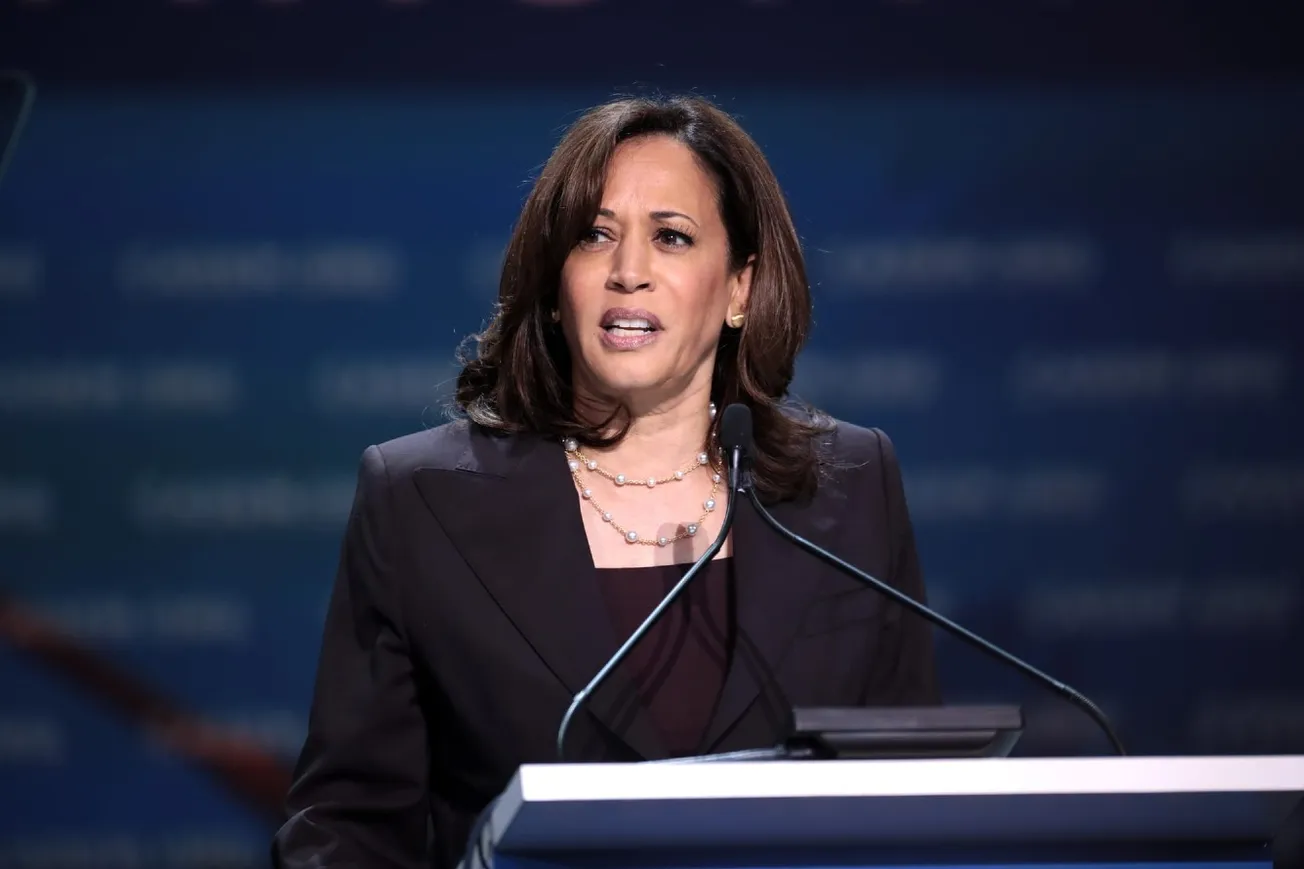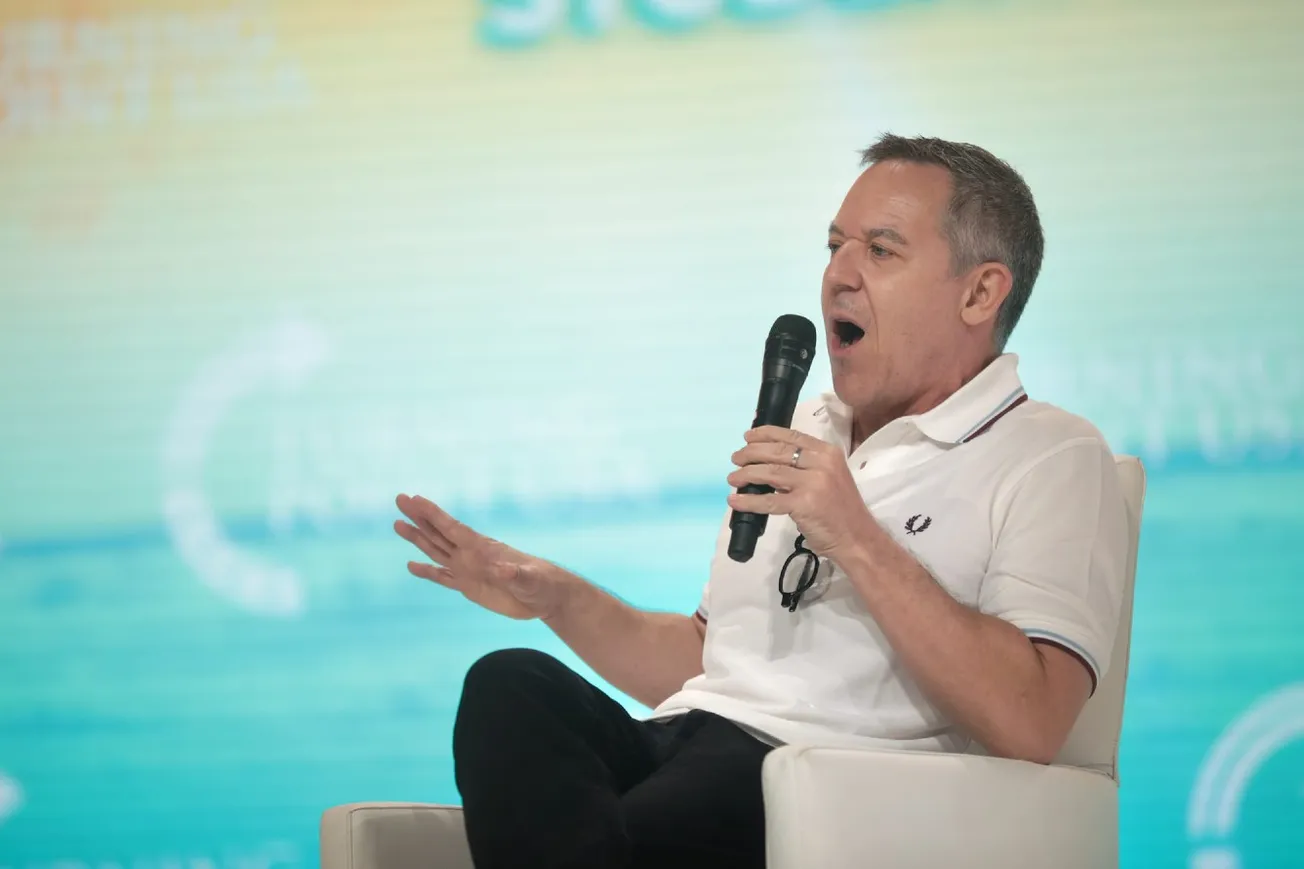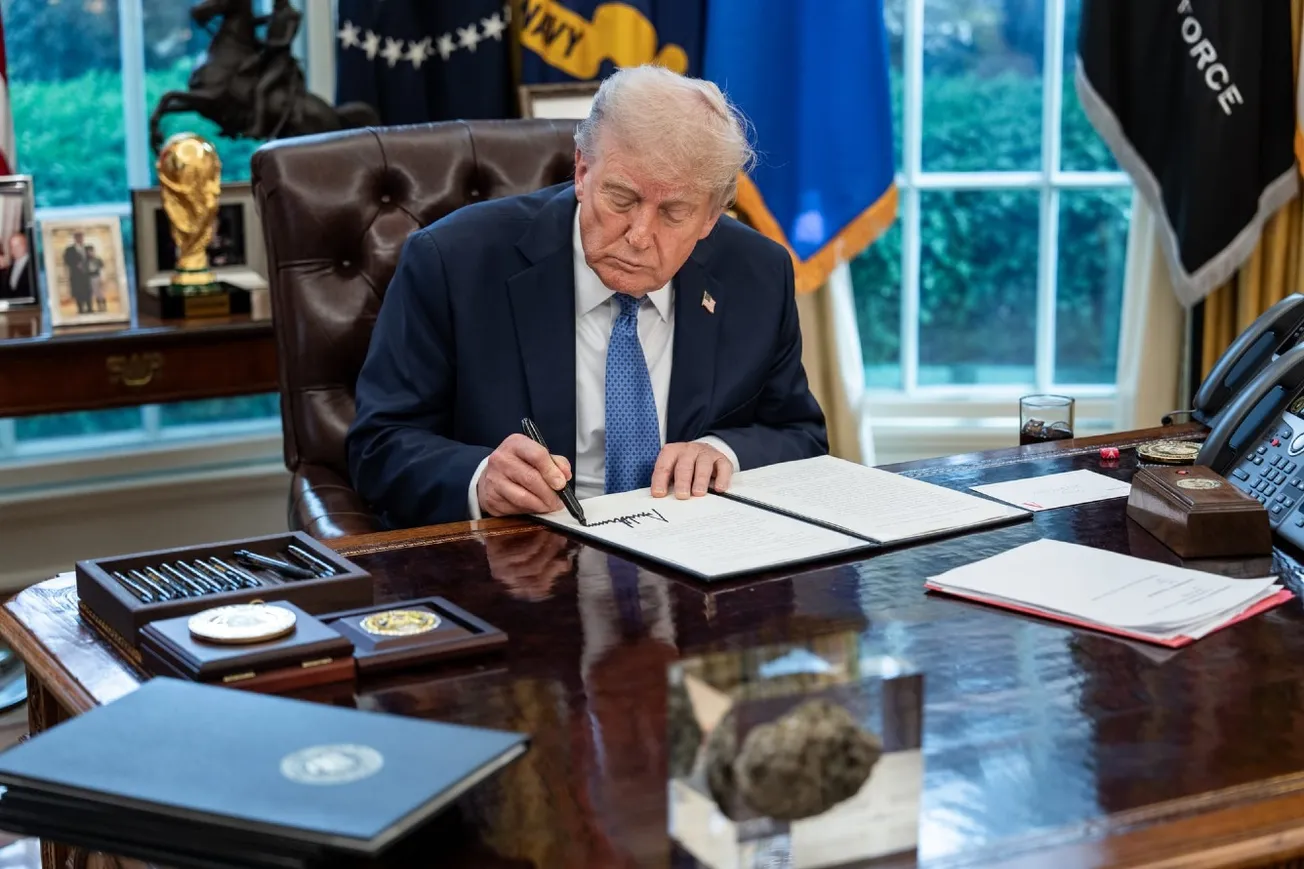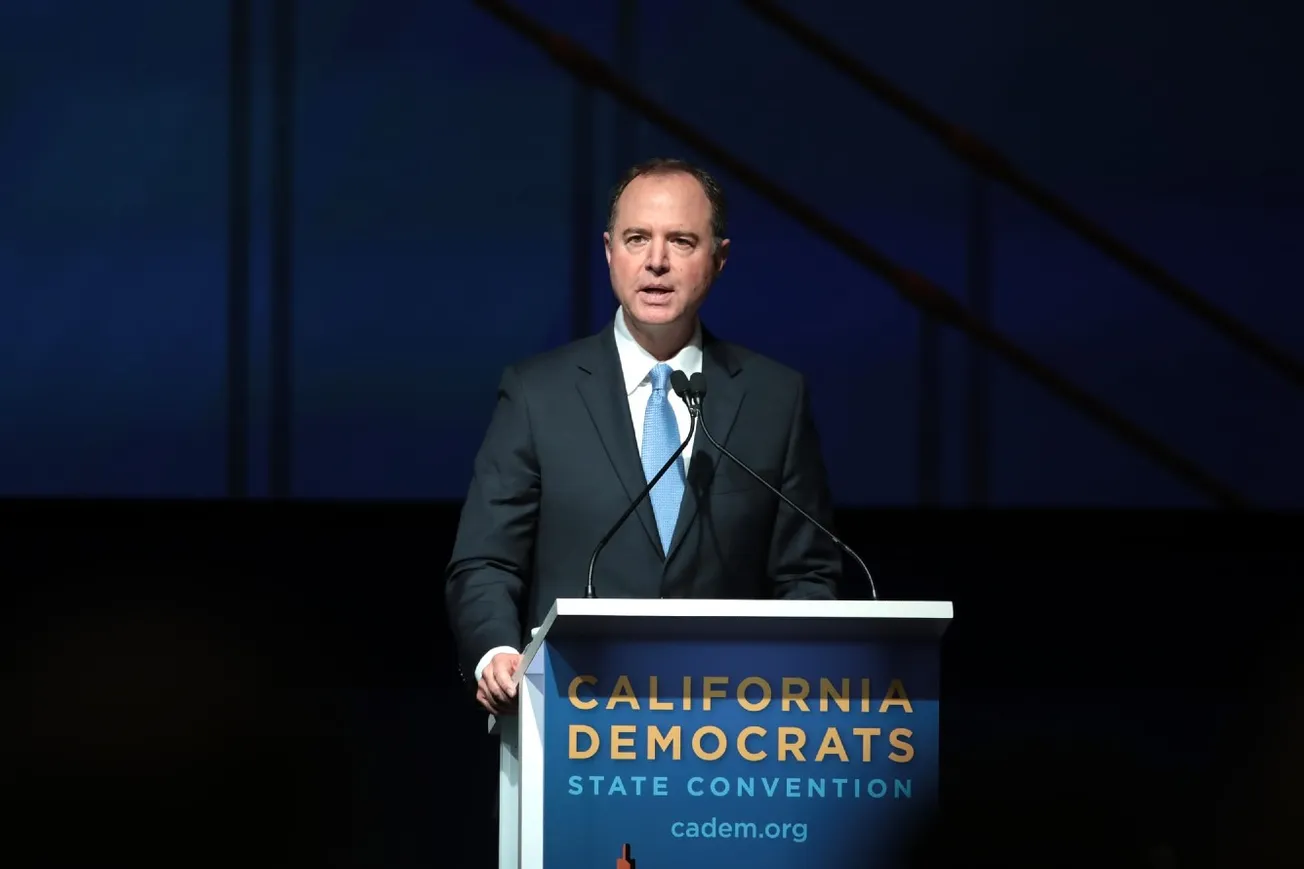Americans suffer from 20% Biden-Harris inflation (annualized at 5.6%) and are demanding answers. Twenty percent are now skipping meals to make ends meet. Poll after poll has shown that the economy is the top concern for voters, with most Americans feeling worse off than before Biden and Harris took office. Yet, Kamala Harris has failed to outline a clear economic plan or demonstrate how her administration would break from the Biden-Harris playbook. Instead, her campaign centers around "joy," as if optimism alone can address economic hardships. This disconnect is a major reason Harris is under-performing compared to Biden and Clinton in key battleground states like Michigan and Wisconsin. It also explains why 59.6% of rank-and-file Teamsters support Trump, with only 34% backing Harris.
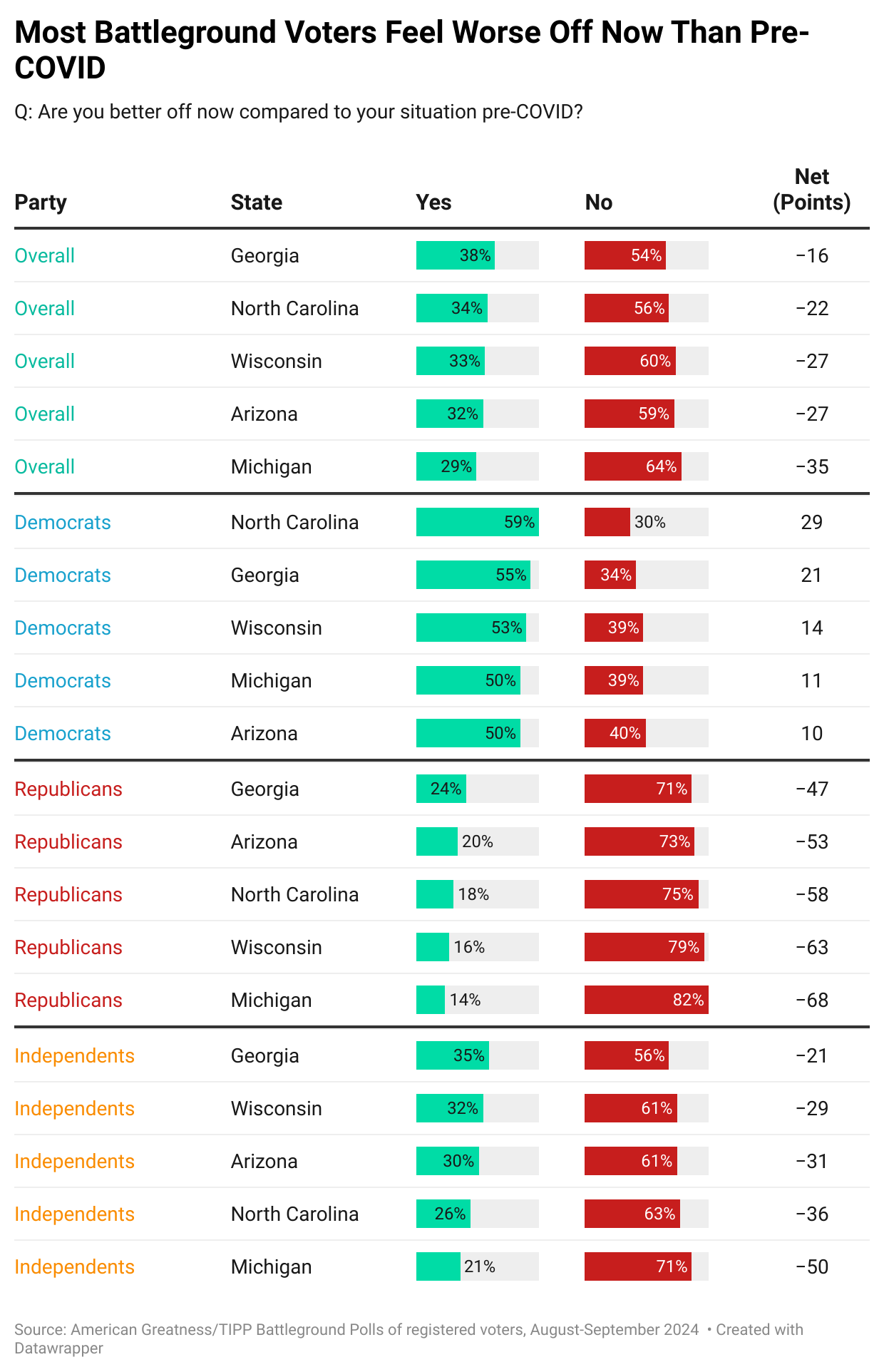
An interesting exchange happened on the Bill Maher show on Friday between an avowed Trump hater (MSNBC anchor Stephanie Ruhle) and New York Times conservative columnist Bret Stephens, also a Never Trumper.
Ruhle's responses underscored the Kamala Harris campaign strategy - relying on an excited Democratic base to turn out in such substantial numbers, even though Harris's only value on the presidential ticket is that she is neither Trump nor Biden. Essentially, Ruhle was saying that the "turning the page" idea was so appealing to voters that it could power Harris to victory.
But Stephens pressed on, making the philosophical argument that Harris, hiding from the press and refusing to engage in critical unscripted one-on-one meetings with journalists, was not serving America well, especially Independents.
Bret Stephens: "I'm an undecided voter. I'm not sure I want to vote for Kamala. My fear is that she doesn't really have a very good command of what she wants to do as president. It would be great for her to sit down with you (Bill Maher), or George Stephanopoulos, or you Stephanie. It's not too much to ask Kamala, 'Are you for a Palestinian state if Hamas is going to run that state?'"
Stephanie Ruhle: "If you don't like her answer, are you going to vote for Trump? Kamala Harris is not running for perfect, she is running against Trump. We have two choices. There are some things that you might not know her answer to. In 2024, we know exactly what Trump will do, who he is, and the kind of threat he is to democracy." [Audience roars in applause].
Bret Stephens: "The problem that a lot of people have with Kamala is that we don't know her answer to anything."
Ruhle: "But you know his answer to everything."
Stephens: "People also are expected to have some idea of what the program that you're supposed to vote for. I don't think it's a lot to ask for her to sit down for a real interview." Some applause.
Ruhle: "When you move to Nirvana, I'll be your next-door neighbor. We don't live there."
Ruhle's comments were a remarkable conviction in the Left's belief - powered by an eight-year protracted battle to malign Trump in every way possible, including mocking a second assassination attempt on his life as an "apparent incident" - that America so hates Trump's return to the White House that anyone atop the Democratic ticket, even Kamala Harris, would carry them to victory.
With just 44 days left and early voting already having begun in several states, including Virginia, the Harris campaign earlier in the week continued with the Ruhle idea.
Harris appeared before a relatively formidable trio of Black Journalists, most of whom were unknown to the nation. While they asked Harris about topics relevant to Black audiences - such as racial justice, rising prices, and abortion - the journalists were stunned that Harris resorted to canned responses from her debate with Trump. Harris talked again about "aspirations and dreams," the opportunity economy, about assisting homebuyers, and a country with "more things in common than what divides us." The campaign's strategy was clear: Run out the clock, don't answer questions directly other than repeat grandiose, poll-tested statements, appear like a leader, and move on.
It was only towards the end of the sit-down that the campaign realized their strategy hadn't moved the needle. Harris's handshake with the journalists was rather gruff as she hurriedly walked away - not turning to the seated audience for an encore applause. The journalists were also in a daze, smiling sheepishly, wondering what the entire interview was all about.
The same scene played itself out again in Michigan a few days later. Now, Harris was with the friendliest of audiences and across the couch from Oprah Winfrey, the legendary talk show host. Winfrey had assembled a studio audience in a town hall format and fed live comments on Zoom from Hollywood's best celebrities, including comedian Chris Rock, Julia Roberts, and Merryl Streep. Some members of the public also joined in on Zoom.
But, actor Harris fell far short. On immigration, she ranted for so long about her role as a prosecutor in California and the Senate bill that she claimed Trump helped kill that Winfrey had to interrupt her helpfully. "Now that the bill has come and gone, will you re-introduce that?" Harris's response: "Absolutely. When I am elected President of the United States, I will make sure that the bill gets to my desk, and I will sign it." Choreographed applause.
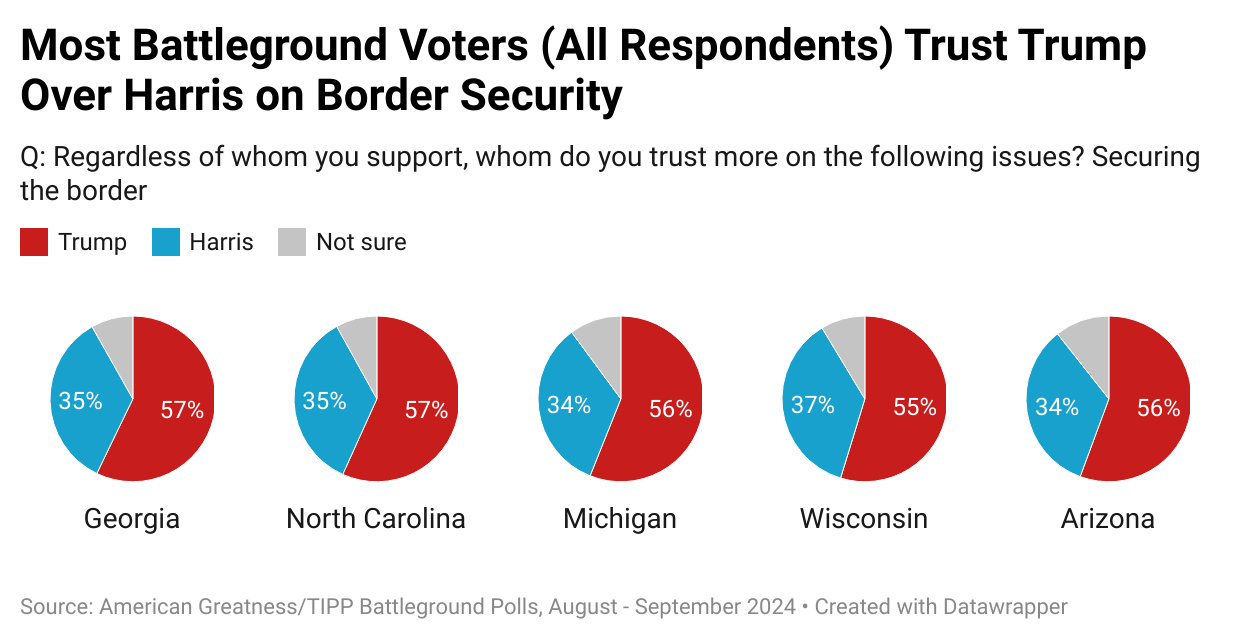
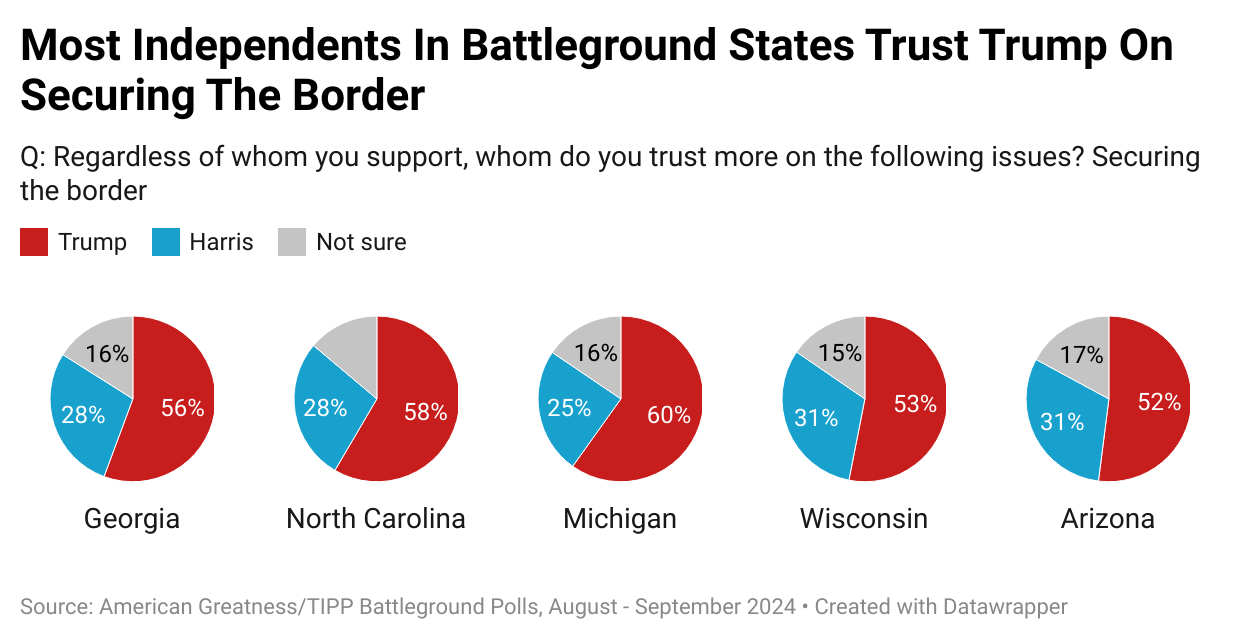
The truth is that the bill - which the campaign has been heavily promoting - would not pass the Senate even if Harris won. The Senate is likely to tip over to GOP control, with Montana and West Virginia being carried by Republicans. Even in a 50-50 Senate, Harris couldn't push the bill through. Many senators felt it did not do enough to strengthen border security, which is a high priority for them - very little funding was provided for the border wall, and too much money was given to sanctuary cities. The inclusion of a pathway to citizenship for undocumented immigrants has been a significant sticking point, even more so today, with more immigrants having crossed the border since the bill's failure. It was clever of Harris to evade the question of her performance on border security by blaming Trump, who is not in power, for the bill's demise. But the audience could see that she was avoiding accountability.
Harris's dramatic closing comments about America being an optimistic people—Hollywood style, faking empathy with raised shoulders and confident smiles—were such a word salad that the camera showed even Oprah Winfrey wincing. At the end of a two-minute diatribe, Harris had said nothing of substance.
The Harris campaign is beginning to realize that being anti-Trump alone is not enough. On the other side, referring to the Trump campaign's internal polling data, Cory Lewandowski, a senior campaign strategist, said:
Our numbers are tracking better today than they have ever been, whether it's four years ago or eight years ago. We are in the strongest position in an empirical way than we have ever been to be successful come November.
We estimate that Trump will win by an electoral vote margin of 312 to 226 if he overperforms in battleground states, similar to 2020.
What is the Harris campaign's latest plan? For a side that boasted last week of a decisive victory in a 3-on-1 Philadelphia debate, they want to challenge Trump to another one on October 23, this time on CNN.
It is not a move of a winning campaign.

